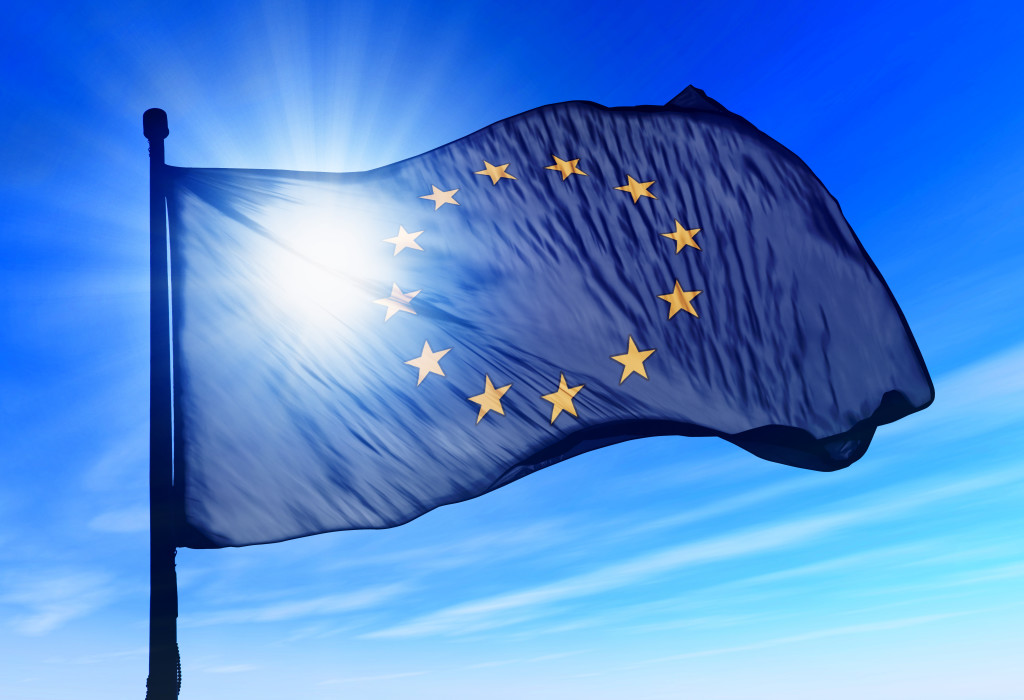Norwegian Parliament adopts amendment act establishing patent attorney client-attorney privilege, by Gunnar Meyer and Nora Bratheim, Wikborg Rein
The Norwegian Parliament has passed amendments to the Dispute Act and the Criminal Procedure Act extending the general client-privilege rules to patent attorneys. As an outline, patent attorneys now enjoy the same client-attorney privilege as lawyers. However, one should note that the extended privilege is limited to patent attorneys authorized as European Patent Attorneys.
Background
Previously, client-attorney privilege under Norwegian law did not include patent attorneys. Consequently, advice and information shared with a patent attorney were in principle subject to the general obligation to provide access to all evidence relevant to the case, unless other exceptions were available. In order to bypass this obligation and still obtain a client-attorney privilege expiation, some patent attorneys included lawyers as a part of their team in each case.
The lack of client-attorney privilege for patent attorneys under Norwegian law caused a different and less favourable legal situation in Norway than in the other Nordic countries, Sweden, Denmark and Finland, and other European jurisdictions, such as UK and Germany. Beyond the general disadvantage in competition with foreign patent attorneys, the difficulties for Norwegian patent attorneys were particularly related to international matters including different jurisdictions, and where one jurisdiction requires a client-privilege under national law to establish a client-privilege exemption before said country’s courts. In such jurisdictions, advice and information exchanged with Norwegian patent attorneys were not covered by client-attorney privilege.
Noticing, among other factors, the disadvantages described above, The Norwegian Ministry of Justice presented this spring a proposal to extend the client-privilege rules under the Norwegian Dispute Act section 22-5 and the Norwegian Criminal Procedure Act section 119 to patent attorneys.
New amendment act establishing patent attorney client-privilege
This June, the Norwegian Parliament passed an amendment act in line with the amendments proposed by the Ministry of Justice and extended the client-privilege rules to patent attorneys. The amendment act was put into force on July 1.
As an outline, patent attorneys now enjoy the same client-attorney privilege as lawyers. The new client-attorney privilege rules apply both in civil matters and criminal matters.
Persons subject to the new client-attorney privilege
Patent attorney (in Norwegian, “patentrådgiver”) is not a protected title in Norway. Hence, the Norwegian legislator has chosen a similar solution as in Denmark, where there is also no national authorisation system, and limited the scope of the client-privilege to patent attorneys authorized as European Patent Attorneys by the European Patent Office. In their proposal, the Ministry of Justice reasons that a limitation to European Patent Attorneys is adequate to define a clear scope of persons with the relevant expertise, professional secrecy, and code of professional conduct. It also potentially encourages more Norwegian patent attorneys to qualify as European Patent Attorneys.
The client-attorney privilege applies regardless of the European Patent Attorney’s nationality, and includes attorneys working as in-house counsel. On the other hand, advisors not authorised as European Patent Attorneys, and neither qualified as lawyers, are not subject to the client-attorney privilege.
Information subject to client-attorney privilege
The client-attorney privilege under Norwegian law is limited to information related to the advisor’s capacity as a patent attorney, i.e. in connection with patent affairs, such as patentability assessments and freedom to operate analysis.
The client-attorney privilege does not apply to information a patent attorney receives when acting in another capacity, for instance, giving legal advice related to other legal fields than patent law or merely technical advice. In some matters, patent law interferes with other legal fields, such as protecting trade secrets or design or licensing agreements. Where patent law and other legal fields interact, the scope of the patent attorney’s client-attorney privilege depends on what role patent-related questions have compared to other legal fields; patent-related questions have to be the main part of the assignment for the information to be covered by the client-attorney privilege.
The amendment act of June 18 2021 can be found here.
The proposal from the Ministry of Justice can be found here.

